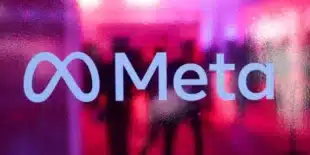In a novel research finding, scientists have proposed that dark matter may actually represent an undeveloped alternate universe. This theory, put forward by Dr. Arushi Bodas, a postdoctoral researcher at the University of Chicago’s Enrico Fermi Institute, along with his team, suggests that dark matter could be an unfinished, alternate form of our universe.
Dark matter, a theoretical substance that doesn’t seem to interact with light or any electromagnetic forces, makes up over 80% of the universe’s matter. Its presence is hypothesized based on the gravitational effects on visible matter, such as stars and galaxies, which cannot be explained by observable matter alone.
The challenge with dark matter lies in its detection; it doesn’t emit light or energy, rendering it invisible to current scientific instruments. Traditional understanding posits that the universe is primarily composed of baryonic matter, which includes protons and neutrons. Conversely, dark matter is believed to be non-baryonic, made of different particle types not found in ordinary matter.
Dr. Bodas’ recent theory introduces the idea of dark matter as an adjacent, distorted universe where conventional atomic formation is impossible due to the asymmetrical masses of protons and neutrons. This leads to a universe filled with unstable, rarely interacting particles, unlike the stable atoms in our familiar world. This concept also attempts to explain the absence of dark matter clusters.
While some scientists remain skeptical about dark matter’s existence, a significant body of evidence supports it, particularly regarding the behavior of galaxies. Dr. Bodas’ paper contributes to the ongoing discussion by offering one of the more straightforward explanations for galaxy rotation patterns, reinforcing the belief in dark matter’s reality.


